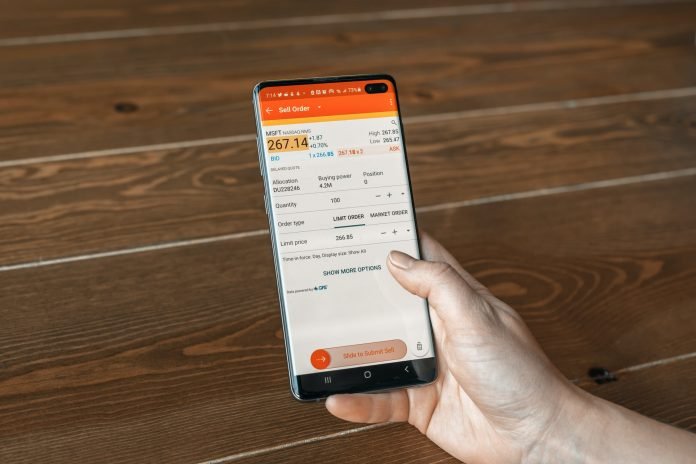Last Updated on March 30, 2024 by Aiman Emaan
Radio over Internet Protocol, or RoIP, is the next wave of radio technology. It allows users to connect their radios to the internet and use them to communicate with other radios and other devices. This technology has many benefits, including relating to a broader range of devices, improved communication quality, and the ability to use data services.
Table of Contents
The History of Radio Over IP
Radio over IP (RoIP) is a technology that allows radio signals to be transmitted over an IP network. This can be used to connect radios or to other devices on the network, such as computers, phones, and audio systems. RoIP can be used for two-way radio, one-way radio, or both.
The first RoIP system was developed in the early 2000s. Since the early days of RoIP, many companies have evolved and adopted the technology. Today, a variety of RoIP systems are available on the market, each with its unique features and capabilities.
How RoIP Works
RoIP systems typically use a gateway device, such as Vocality, that converts radio signals to IP packets and vice versa. The gateway is connected to both the radio system and the IP network. When the gateway receives a radio signal, it is converted to an IP packet and sent over the network. When the gateway receives an IP packet, it is converted back to a radio signal and transmitted over the radio system.
The gateway is configured to translate between the radio system and IP network such that a single device may communicate with another, whether or not the other device is using RoIP. This means many devices can communicate with the radio system without interference.
Who Uses RoIP?
Businesses and services that use two-way radio communications include police and fire departments, taxi and delivery services, and construction and maintenance crews. However, many other industries can benefit from using RoIP communications over standard two-way radios or mobile phones. Businesses like hotel chains, hospitals, stadiums, and factories can also use two-way radio over IP to better coordinate operations. Any industry that relies on mobile workers could potentially benefit from deploying two-way radio over IP.
The Benefits of Radio Over IP
There are many benefits of using radio IP, including the following:
1. Increased flexibility and scalability: RoIP allows you to easily add or remove radio units from the network without reconfiguring the entire system. RoIP systems can be easily scaled up or down to accommodate changing needs.
2. Improved efficiency: RoIP systems can be designed to route traffic more efficiently than traditional radio systems, resulting in improved performance and reduced costs.
3. Enhanced interoperability: RoIP systems can work with various radio technologies, allowing for increased interoperability between agencies and organizations.
4. Greater coverage and capacity: RoIP systems provide coverage over a larger area than traditional radio systems and can be configured to support more users simultaneously.
5. Reduced infrastructure costs: RoIP systems typically require less infrastructure than traditional radio systems, resulting in reduced costs.
Read More: RT22 Walkie Talkies Mini with Rechargeable
